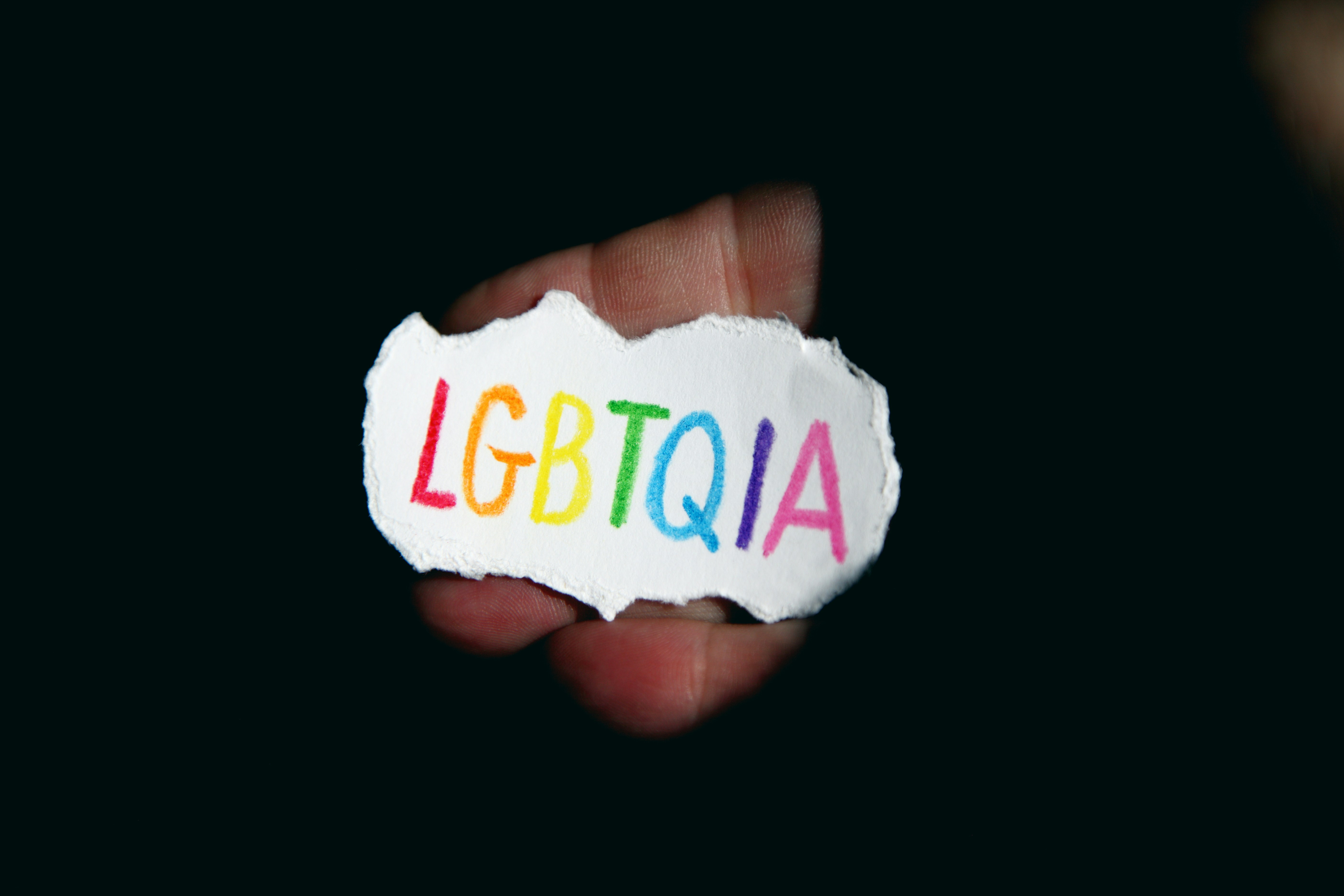The Shifting Landscape of Empathy: A Deep Dive into Social Dynamics
Introduction: Dive into the nuanced world of empathy, an integral part of human interaction, as it evolves to fit the ever-changing social dynamics of modern society. As we navigate this interconnected world, the role and expression of empathy shift significantly. Read below to explore this fascinating transformation.

Empathy: A Historical and Sociological Overview
Empathy, defined as the ability to understand and share the feelings of another, has been a cornerstone of human interaction since time immemorial. Historically, empathy has been an evolutionary tool, promoting social cohesion and survival. However, in the sociological context, the understanding of empathy has evolved significantly. From being considered an innate human condition, it is now viewed as a complex, multifaceted psychological process influenced by various societal factors.
The Changing Face of Empathy in Modern Society
Modern society, shaped by rapid technological advances and globalization, has significantly altered the expression of empathy. We see a rise in what sociologists call ‘digital empathy’, where individuals express empathetic reactions to situations or people they encounter online. Furthermore, the globalized world has broadened the scope of empathy, transcending geographical and cultural boundaries.
The Emergence of Empathy Economy
One of the most intriguing trends altering the empathy landscape is the emergence of the ‘empathy economy’. Businesses and organizations are recognizing the value of empathy in fostering stronger relationships with customers and employees. This shift is evident in new business models, marketing strategies, and corporate cultures that prioritize understanding and addressing the needs and feelings of others.
Empathy and Social Movements: Making a Difference
The role of empathy in shaping and driving social movements is undeniable. Whether it’s the global response to the refugee crisis or the rise of movements like Black Lives Matter, empathy has been the emotional catalyst driving collective action and change. It is this empathic connection that humanizes social issues, motivating individuals to act.
The Future of Empathy: Challenges and Opportunities
Despite the transformative power of empathy, it is not without its challenges in the modern world. The digital age, while expanding the reach of empathy, also risks diluting its depth. Furthermore, empathy fatigue, caused by constant exposure to global suffering, can lead to apathy. However, these challenges also present opportunities. By consciously cultivating empathy skills and integrating them into education and policy, society can harness empathy’s transformative potential.
Every discussion on empathy underscores its fundamental role in shaping our interactions and society at large. As we move forward, it is imperative to understand and navigate this shifting landscape of empathy, utilizing its power to foster a more understanding, compassionate, and socially cohesive world.




